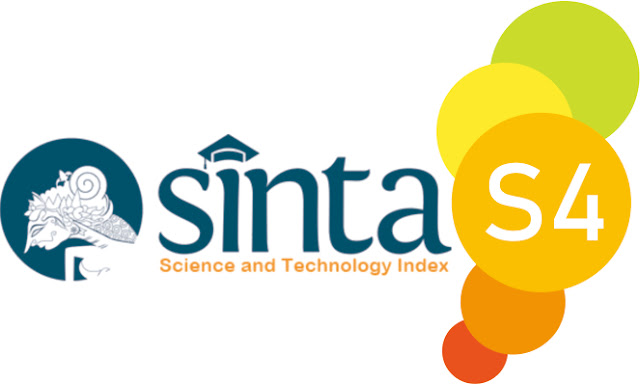Hubungan Pengetahuan, Sikap, dan Dukungan Pengelola Pasar Dengan Kesiapsiagaan Risiko Bencana Kebakaran
DOI:
https://doi.org/10.53861/lontarariset.v3i2.323Keywords:
Disaster Preparedness, Fire Hazard, MarketAbstract
Fire hazards can occur at any time, anytime and anywhere. One of the efforts to minimize the risk of fire is to increase fire preparedness. The purpose of the study was to determine the relationship between knowledge, attitude, and management support with fire risk preparedness. This study used a cross sectional design. The research was conducted at the Pasir Putih People's Market. The research sample is traders in the Pasir Putih People's Market as many as 119 traders. The sampling technique used was the Total Sampling technique. The research instrument used a questionnaire. Data were analyzed by univariate and bivariate using chi square test. As many as 71.2% of respondents have good preparedness, 55.8% of respondents have good knowledge, 51.9% of respondents have good attitudes, and 9.6% of respondents stated that management support is good. Bivariate results show that there is a relationship between knowledge and preparedness (p-value = 0.017), there is no relationship between attitude and preparedness (p-value = 0.430), there is no relationship between management support and preparedness (p-value = 0.619). It is recommended to the management of the Pasir Putih People's Market to increase knowledge and improve the attitude of the Pasir Putih People's Market traders by carrying out fire simulation activities.
Downloads
Downloads
Published
How to Cite
Issue
Section
License
Lontara Journal Of Health Science And Technology is licensed under Creative Commons.
The journal allows the author to hold the copyright of the article without restrictions.
The journal allows the author(s) to retain publishing rights without restrictions.
The legal formal aspect of journal publication accessibility refers to Creative Commons Attribution 4.0 International (CC BY 4.0).
The Creative Commons Attribution 4.0 International (CC BY 4.0) license allows re-distribution and re-use of a licensed work on the conditions that the creator is appropriately credited and that any derivative work is made available under “the same, similar or a compatible license”. Other than the conditions mentioned above, the editorial board is not responsible for copyright violations.











